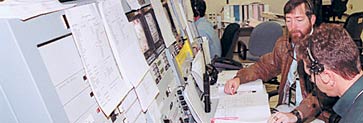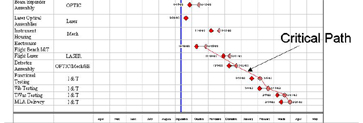By Allan Frandsen To lead a project effectively, one has to establish and maintain the flexibility to take appropriate actions when needed.
ask
By Christian Zazzali The client was taking a huge risk opening a new store in Washington, D.C. One of the most successful retail mail order businesses in the U.S. had contracted with my company to build the first flagship store outside of New England.

By Kimberly R. Jenkins As the new team lead, I came in from outside the group. Rather than just assuming that I knew what was needed, I decided to ask them. Who should know better, right?
By Harvey Schabes It was early in my career at NASA, and I was a relatively junior engineer. I hadn’t interfaced much with teams from NASA centers other than my own, Lewis, or what is now called the Glenn Research Center.

By Susan Motil The Concept Review had not gone well, and my entire team was in the dumps. It took months for them to stop feeling lousy about their work and themselves.
By Dr. Alexander Laufer When should one make decisions during project planning: early or late? Well, as the following two stories illustrate, the answer is simple: It depends.
By Ed Hoffman I came upon this story in the book Gates of Prayer, and it reminded me of an experience I had a couple of years ago. In the story, a spiritual leader of a community refused to enter a House of Prayer.
By Todd Post If you’re like me, you find the science on NASA missions fascinating. The scientists themselves are almost as interesting to me as the worlds they study.

What was the most difficult thing for you about reforming the AMRAAM program?





